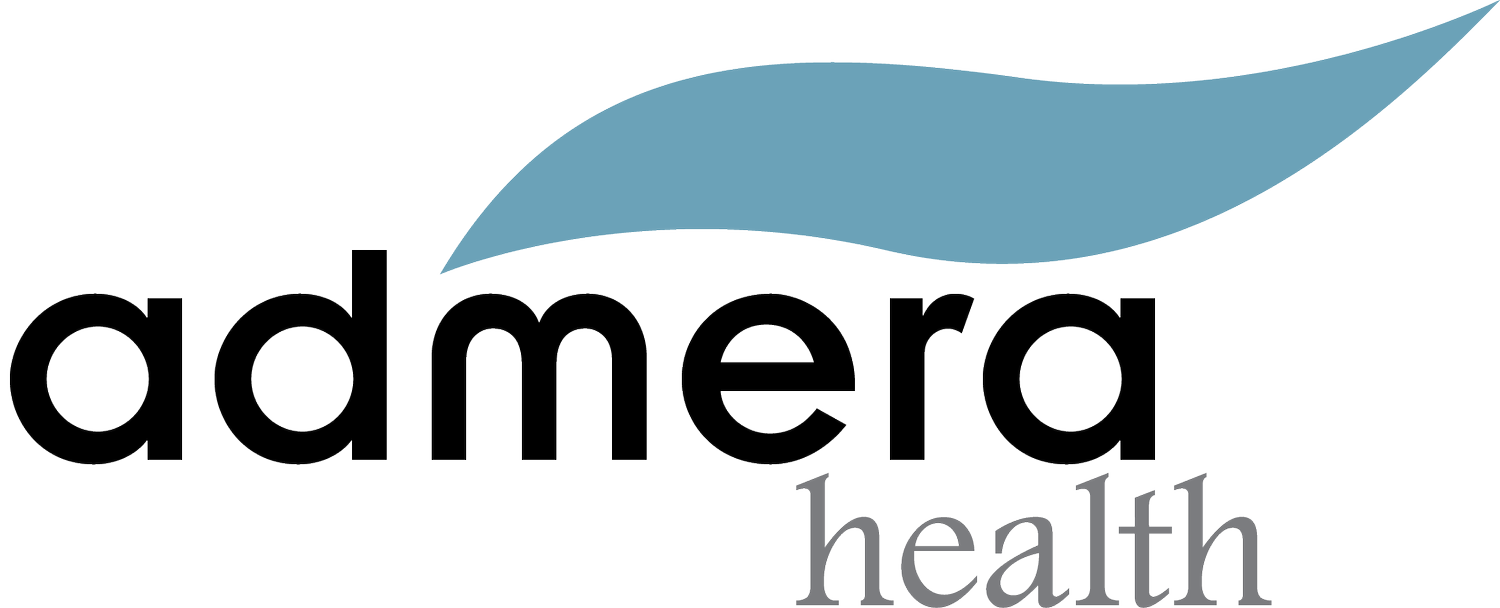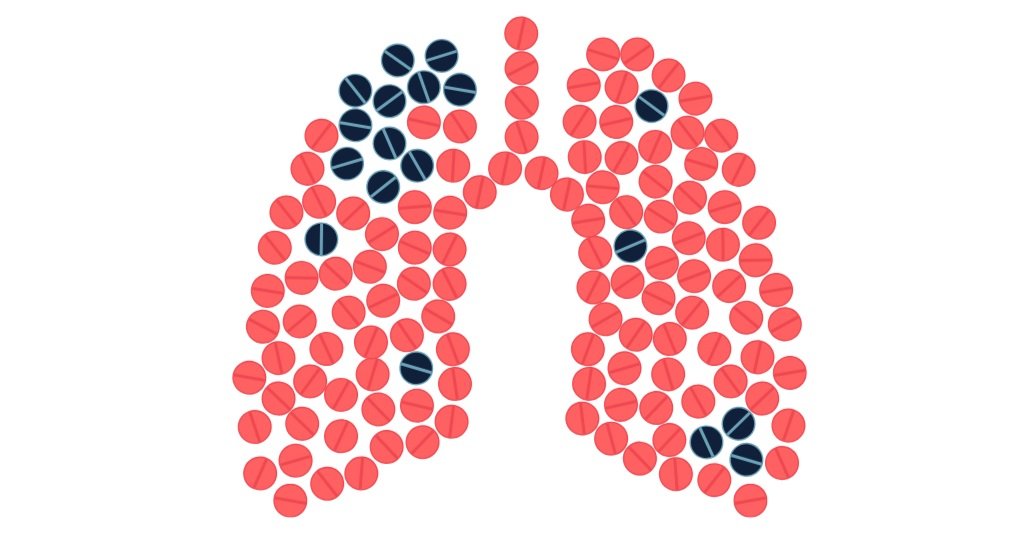Blowin’ in The Wind: Dr. David Christiani’s Pursuit of Answers for Personalized Medicine
What drives a man to decipher the language of genes and the environment, bridge groundbreaking discoveries in cancer therapy, and seek wisdom from Bob Dylan? These qualities are part of the ethos of David C. Christiani. Dr. Christiani, MD, MPH, MS is the Elkan Blout Professor of Environmental Genetics with the Harvard TH Chan School of Public Health and Professor of Medicine at Harvard Medical School. After completing his MD in 1976 from Tufts University, Dr. Christiani did his post-graduate medical training at Boston City Hospital and Massachusetts General Hospital (MGH) in Boston. His research focuses on studying the interaction between the human genome & the environment, with a recent interest in personalized medicine to better understand why patients vary in both curative and palliative therapies. David’s group recently won first prize in Admera Health’s Single-Cell Sequencing Contest.
We are delighted to sit down with David to discuss his storied history in science. Continue reading to dive deeper into his extensive research & professional background, his participation in the most cited paper in lung cancer—ever, and his outlook on the future of personalized medicine.
From Observation to Clinical Outcomes to Public Service
Dr. Christani’s initial research focused on environmental epidemiology. “I was interested in the variability of disease risk and outcomes between people. How much of this variability is the result of environmental exposures, genetic risk, and [also] the interaction between the two.” His early observational work focused on lung cancer and factors related to patients’ survival “We have ever-improving therapies for such a tough disease, such as lung cancer, but people still vary in their treatment responses. We need to find out why as part of a personalized approach.” These early scientific questions led to some of the most groundbreaking science, brought about by strong academic collaborations funded by the National Cancer Institute (NCI) at the National Institutes of health (NIH).
“A clinical oncologist and colleague of mine at MGH, Tom Lynch, discovered as part of a salvage trial that some patients responded really well to tyrosine kinase inhibitors (TKI).” Dr. Christiani’s team used patient cohort data to analyze further and discovered this variability was due to specific gain of function mutations in the epidermal growth factor receptor (EGFR) gene, which also correlated with improved clinical responsiveness to TKI (gefitinib). Subsequent in vitro analysis demonstrated these mutations increased growth factor signaling and afforded susceptibility to the inhibitor. “This is the most quoted paper in lung cancer ever (Lynch et al. NEJM 2004),” David explained, and currently has >14K citations! Importantly, though, this work translated to improved screening for patients with lung cancer, which is the second most common form of cancer in the United States.
In recognition of David’s academic accomplishments, in 2012, former President Barack Obama appointed him to the National Cancer Advisory Board (NCAB). He described this experience as “very exciting in helping to set the national research agenda for lung cancer; on its causes, control, and treatment. The board plays a crucial role in advising and assisting the director of the NCI in setting up the activities for the national cancer research program. Composed of scientific and community member, the NCAB makes recommendations that support grants and contract proposals and advises the NCI director on policy development, program implementation & evaluation, and research needs.” Was there a time when you realized your early success translated into the ‘big break’ we all search for? “I think the multidisciplinary work on lung cancer over 25 years ago was a big break [for me]. Until then, I was successful in environmental epidemiology and studying lung injury, but the greatest impact came with lung cancer.”
From Big Breaks to Bob Dylan
When we asked David, what is the biggest influence in his life? He shared, “medicine and science, I suppose, but also experiencing different cultures and opening [new] horizons.” With all his career demands and responsibilities, we asked David if he had any creative outlets or interests, outside of science, to help recharge the batteries. Sure, hiking, biking, city walks, reading, studying languages (Chinese, Italian), film, classics, history and travel.” David has a clear passion for science and culture, so we followed up with who, dead or alive, he would like to have dinner with and why? “Ah, that is a good one…alive, maybe Bob Dylan (if he’ll talk), but deceased, Franklin D Roosevelt. “I realize that neither is a scientist nor a physician, but we must think outside our disciplinary box. For me, Dylan is a master of the 20th and 21st-century verse, bringing pleasure and insight; and FDR was a heroic figure who stood up to world fascism, all while reforming and strengthening conditions at home for millions [of Americans]. FDR is worthy of admiration and emulation.” From outstanding scientific contributions that translated into helping patients to simply thinking outside the box, David’s vast insight translates outside of science and across cultures.
The Next Horizon
As we look to the next horizon in studying the human genome and environment, we asked David if he could share some perspective. “We are in the era of trans-omics… cross platforms.. from polygenic risks, rare variants, epigenetics, RNA expression/seq, proteomics, and metabolomics. We need to integrate these multiple modalities and “examine [them, collectively] as a network.” Indeed, these trans-omics or multi-omics efforts have taken center stage in biomedical research and could ultimately usher in newer precision medicine therapeutics. As we closed our conversation with David, we asked for any advice he could offer to the early researcher and you and me? He said, “get good mentoring and be persistent.”



